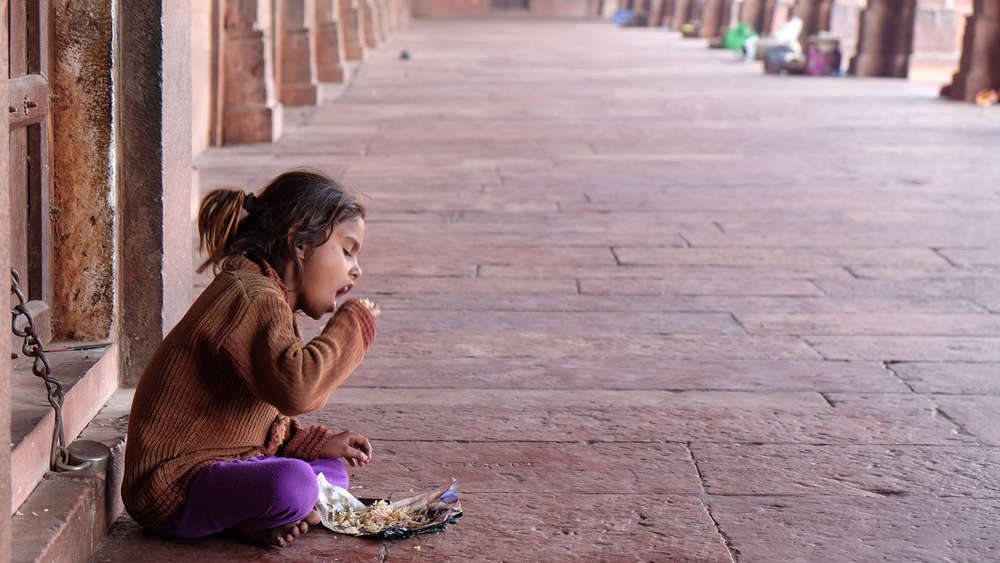The Nobel Peace Prize being awarded to the United Nations’ World Food Programme underlines the urgency of the challenge posed by hunger in a planet ravaged by conflict, the vagaries of climate change and, now, a pandemic. The honour is also a recognition of the indisputable link between conflict and food security. Latest estimates show that nearly 690 million people worldwide are hungry; this number has risen by 10 million people in one year. India retains the dubious distinction of being the country with the largest population of food-insecure people — the pandemic has exacerbated unequal access to food. Although these numbers are staggering, hunger cannot be fought merely by increasing the quantity of food production. If anything, the mindless clearing of natural habitats to increase agricultural acreage will aggravate the climate crisis, which, in turn, could adversely affect food production, affiliated costs, consumption as well as wastage. What needs to change, then, is food distribution to enhance public access to food. This is where an international organization like the WFP can act as a collaborator, working with national governments to bridge the gaps among production, consumption and wastage. Governments need to recognize the value of partnership with non-governmental organizations that, at times, can reach the frontiers of the State. The pursuit of prohibitive legislation — the amendment to the Foreign Contribution (Regulation) Act is an example — can stymie the work of organizations like the WFP. Food security must also be perceived as a public responsibility. It is shocking that households in the United Kingdom waste an estimated 4.5 million tonnes of food annually at a time when 8.9 per cent of the global population are starving.
There is also a case for countries to recognize the challenges to their respective national food security programmes. India’s public distribution system, for instance, suffers not just from corruption-related leakages but has also been excluding hundreds of valid beneficiaries since the linkage with Aadhaar was made mandatory for food procurement. Is it not the State’s role to ensure that technology is harnessed for the welfare of the needy?










